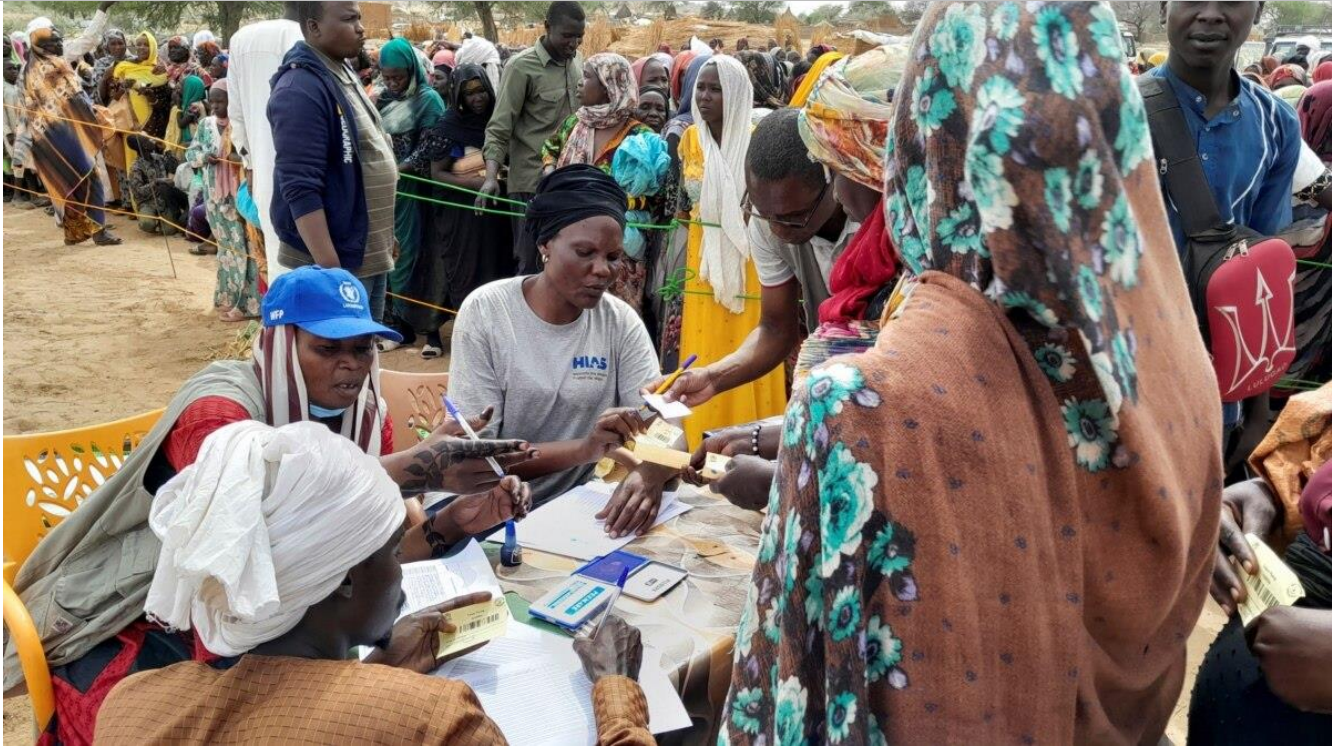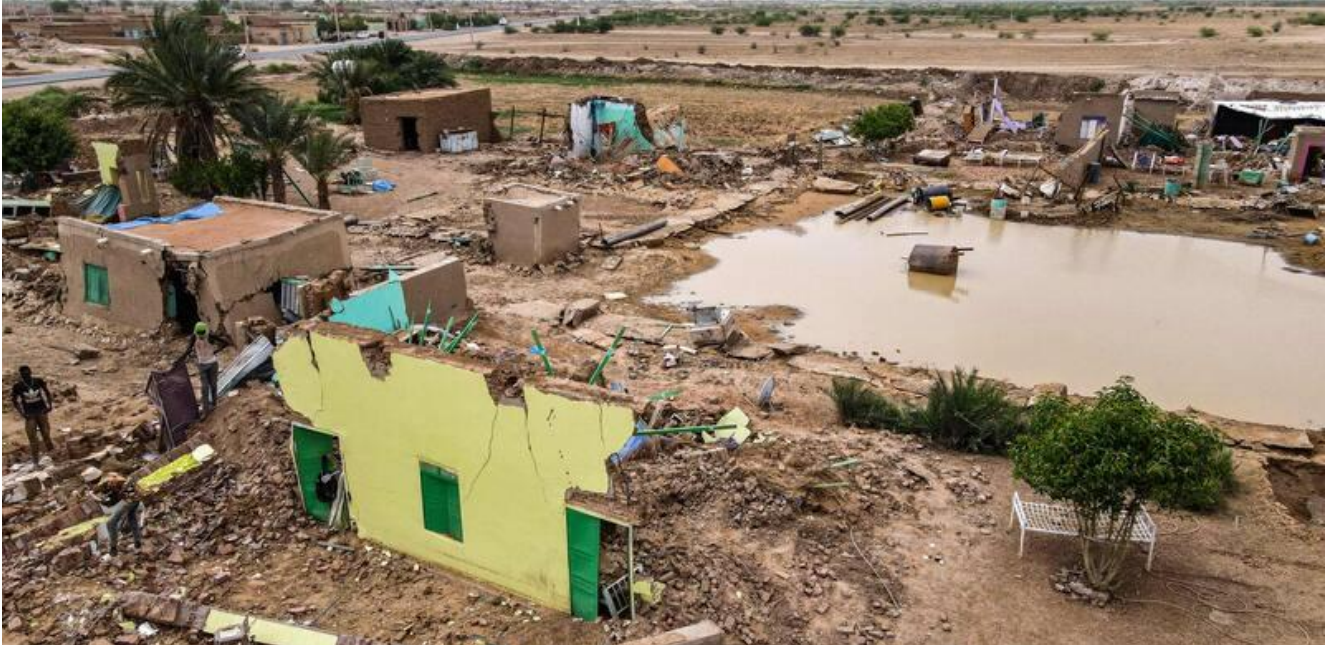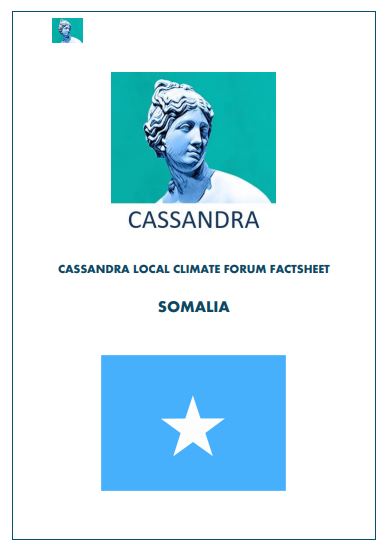Dr Richard Elelman
HEAD OF POLITICS, EURECAT
The CASSANDRA Programme is now being implemented. As the result of discussions from the first two editions of the CASSANDRA Conference, the programme focuses on identifying, developing, and nurturing at least 300 local community organizations over a four-year period. These organizations will address four key socio-political consequences of climate change: public health issues, gender inequality, migration, and the exacerbation of the effects of armed conflict. It’s important to note that CASSANDRA is not an organization or a project consortium; rather, it invites any interested party to become involved.
From now until November 2025, there are 20 Pilot Local Climate Forums in various regions, including Somalia (3), Kenya (3), Sudan (2), Palestine (1), Nigeria (3), the Democratic Republic of Congo (1), Uganda (2), South Africa (1), Libya (1), and the Euro-Mediterranean region (3).
CASSANDRA chooses to work in highly challenging scenarios to demonstrate several critical points:
Local Initiatives Matter: The importance of local people initiating and implementing community actions is essential if supranational ambitions are to translate into tangible results.
Responsibility of Scientists and Technologists: Scientists and technologists bear a socio-political responsibility to communicate clearly with, and support, communities facing climate change issues, serving as Science Embassies when required by the community. A network of Science Embassies will be established to promote knowledge exchange.
Connecting Local and Global Efforts: There is a clear capacity to establish a direct link between supranational, international, and national entities and local people who are willing to fight for their homes, their environment, and their future. This will be achieved through effective dissemination of local community actions’ successes and failures, enabling face-to-face dialogue between different political and social actors.
Complex Interrelationships: The socio-political effects of climate change can no longer be ignored or treated individually; rather, they must be understood as a complex interrelationship.
Measuring Progress: The programme will develop an effective and accessible means of measuring the progress of actions undertaken at the local community level.
To keep all interested organizations and individuals informed, we will produce a series of online communications. To start, you will receive regular LOCAL WATER FORUM FACTSHEETS that describe activities in specific countries where CASSANDRA is active. The enclosed factsheet outlines the challenges in Sudan, while the following one will cover Nigeria. These factsheets aim to provide a brief overview of the respective countries and the locations of the Local Climate Forums.
In December, the first online webinar will offer interested parties the chance to interact directly with the leaders of all the Local Climate Forums that have been established. This event will provide a deeper insight into the challenges faced by their local communities.



